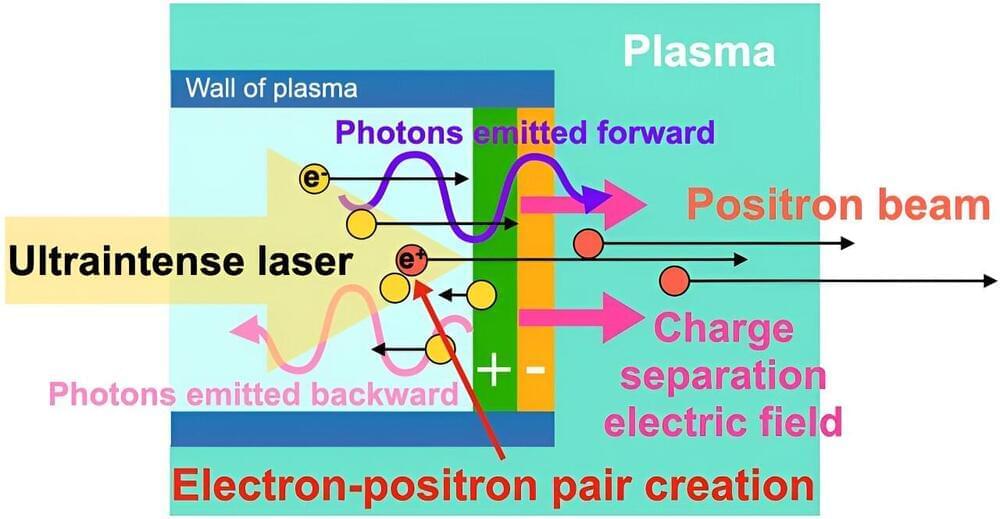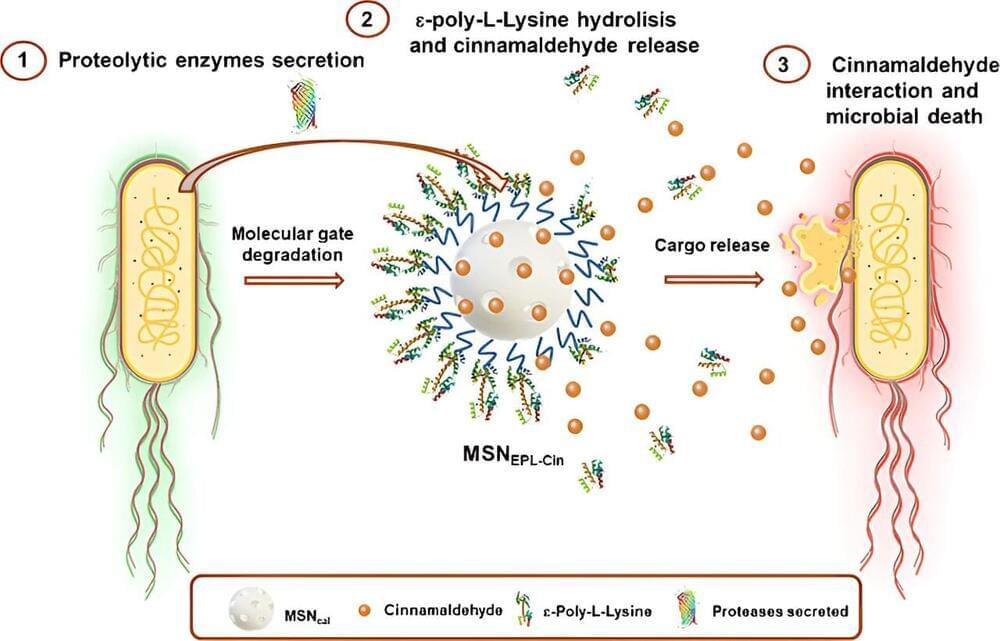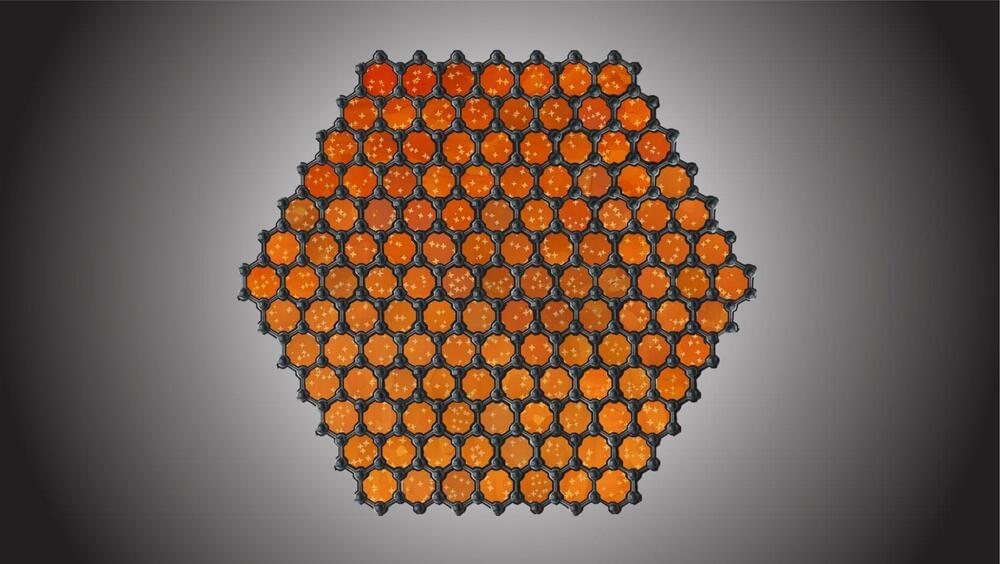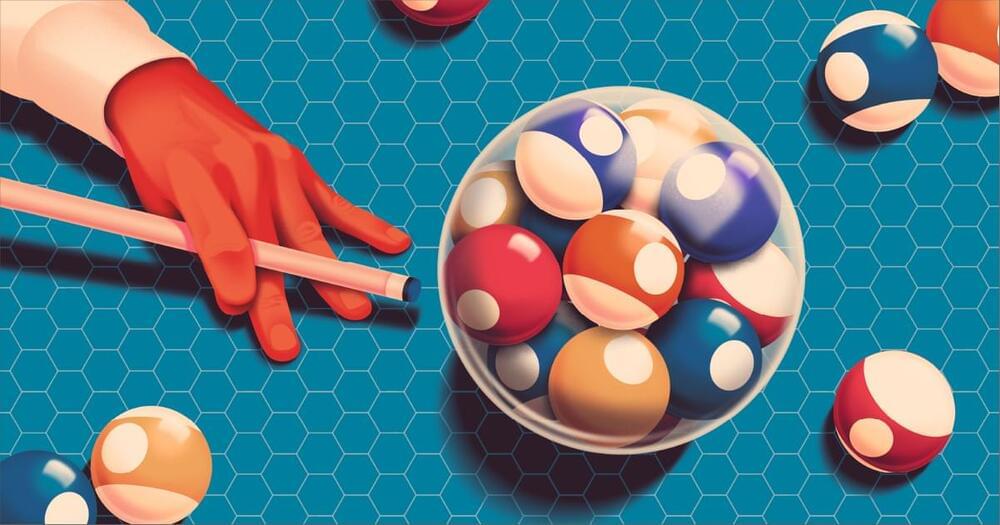May 30, 2024
Water-based circuit concept switches much faster than semiconductors
Posted by Quinn Sena in categories: computing, materials
Water is usually something you’d want to keep away from electronic circuits, but engineers in Germany have now developed a new concept for water-based switches that are much faster than current semiconductor materials.
Transistors are a fundamental component of electronic systems, and in a basic sense they process data by switching between conductive and non-conductive states – zeroes and ones – as the semiconductor materials in them encounter electrical currents. The speed of this switching (along with the number of transistors in a chip) is a primary factor in how fast a computer system can be.
Now, researchers at Ruhr University Bochum have developed a new type of circuit that can switch much faster than existing semiconductor materials. The key ingredient is, surprisingly, water, with iodide ions dissolved into it to make it salty. A custom-made nozzle fans this water out into a flattened jet only a few microns thick.

















